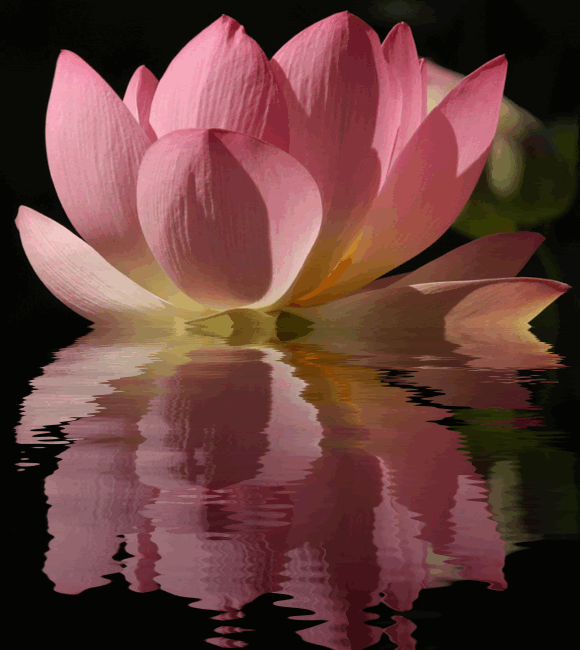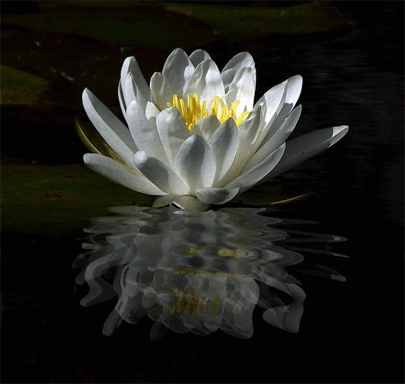The Story of Thera Dhammika
Verse 84: For his own sake or for the sake of others, he does no evil; nor does he wish for sons and daughters or for wealth or for a kingdom by doing evil; nor does he wish for success by unfair means; such a one is indeed virtuous, wise and just.
The Story of Thera Dhammika
While residing at the Jetavana monastery, the Buddha uttered Verse (84) of this book, with reference to Thera Dhammika.
Dhammika lived in Savatthi with his wife. One day, he told his pregnant wife that he wished to become a bhikkhu; his wife pleaded with him to wait until after the birth of their child. When the child was born, he again requested his wife to let him go; again, she pleaded with him to wait until the child could walk. Then Dhammika thought to himself, “It will be useless for me to ask my wife for her approval to join the Order; I shall work for my own liberation.” Having made a firm decision, he left his house to become a bhikkhu. He took a subject of meditation from the Buddha and practised meditation ardently and diligently and soon became an arahat.
Some years later, he visited his house in order to teach the Dhamma to his son and his wife. His son entered the Order and he too attained arahatship. The wife then thought, “Now that both my husband and my son have left the house, I’d better leave it, too.” With this thought she left the house and became a bhikkhuni; eventually, she too attained arahatship.
At the congregation of the bhikkhus, the Buddha was told how Dhammika became a bhikkhu and attained arahatship, and how through him his son and his wife also attained arahatship. To them the Buddha said, “Bhikkhus, a wise man does not wish for wealth and prosperity by doing evil, whether it is for his own sake or for the sake of others. He only works for his own liberation from the round of rebirths (samsara) by comprehending the Dhamma and living according to the Dhamma.”
Then the Buddha spoke in verse as follows:
Verse 84: For his own sake or for the sake of others, he does no evil; nor does he wish for sons and daughters or for wealth or for a kingdom by doing evil; nor does he wish for success by unfair means; such a one is indeed virtuous, wise and just.
Dhammapada Verse 84
Dhammikatthera Vatthu
Na attahetu na parassa hetu
na puttamicche na dhanam na rattham
na iccheyya adhammena samiddhimattano
sa silava pannava dhammiko siya.
Source: Tipitaka


















